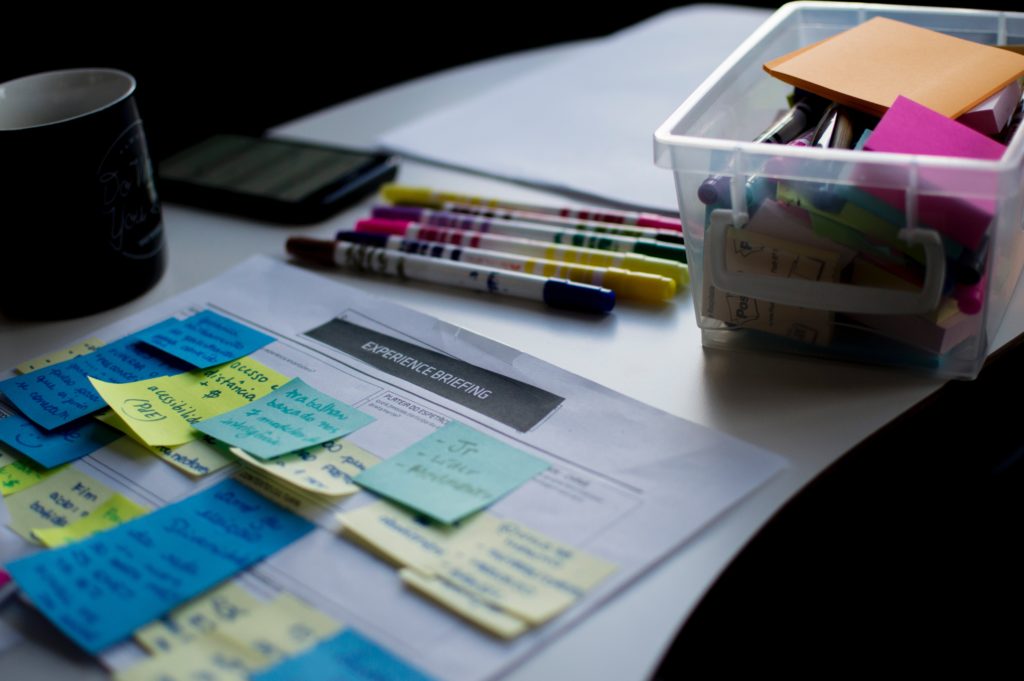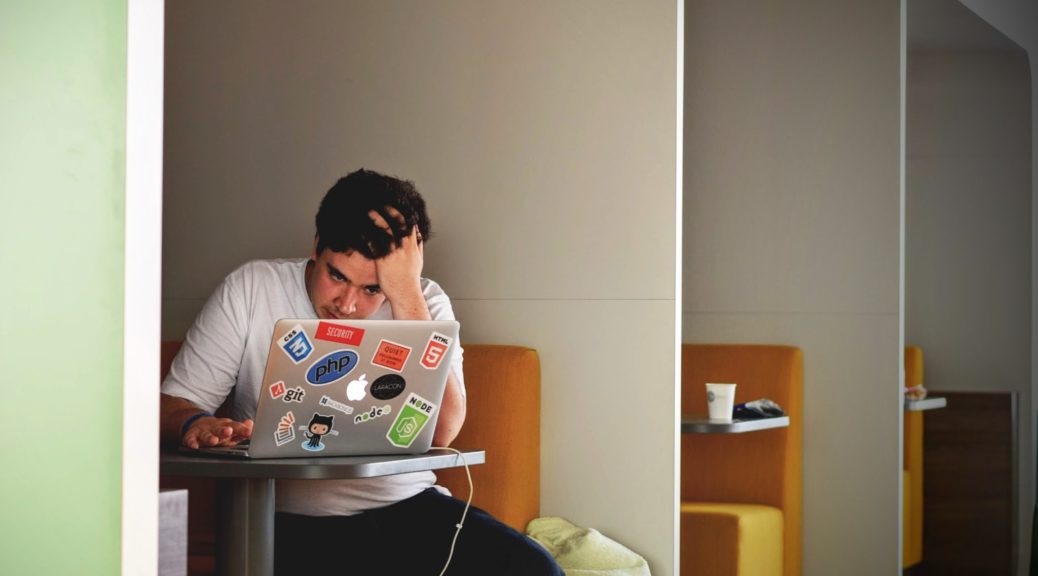By Sarah Ta
[3 minute read]
Depending on where you went to high school and how academically challenging it was, you will either be super prepared for the amount of homework the average college student has or you will be overwhelmed by the first week and spend the rest of the semester playing catch-up with your assignments. I was definitely the second type. My high school did not prepare me at all for the amount of work college would give me and I spent my entire first semester trying to adjust. Now that I’ve gone through two full semesters at USC, I’ve learned some helpful tips on how to stay on top of my work. If you are also struggling with balancing your workload, keep reading for some studying methods that might make your academic life a little easier.
The first tip I have is to get your sleep schedule back on track. It is common to stay up late one night to work on a paper and then end up falling asleep in class the next day. Unfortunately, this causes you to have even more work to do. This forces you to stay up late again and before you know it, your sleep schedule is backward. Establishing a regular sleep schedule will not only help you feel more like a human again but will also improve your productivity in the long run because you will have more energy and be able to absorb information better. It might seem impossible with all the work you have but trust me, it is possible and will make you feel a million times better.

The second tip I have is to split your free time into just working or just relaxing. For example, you have two hours in between classes. You can either work during those two hours or relax, but only choose one. If you choose to work, silence your phone and devote the entire time to just working. If you choose to relax, find a stress-free activity to do and let your mind relax. Instead of having your work open in front of you but not actually doing any of it, choosing either to work or relax allows you to devote your entire focus on one action and boost productivity. However, it is important to make sure that your choice to work and to relax is balanced, or that can result in other problems.
The third and final tip I have is to start studying early. Even though it might seem excessive to start studying weeks in advance, your future self will thank you for it. Time passes by super quickly when you’re busy, and the exam will be upon you before you know it. As soon as you get a study guide for an exam, start filling out the information you know and work on it a little every day. By the time the exam rolls around, you should have a fully completed study guide that you can refer to at a glance. I always regret it when I don’t do this, so this is something I highly recommend to anyone looking to get a better grade on their midterms and finals!

That’s it for my most useful studying tips! I wish you all the best with your academic workload and hope you get the grades you want.
Featured Image by Tim Gouw on Unsplash
Sarah is an undergraduate student from the San Gabriel Valley studying GeoDesign. In her free time, she enjoys reading, exploring L.A., trying new foods, and of course, meeting new people. She can speak conversational Cantonese, and is currently learning Mandarin. Even though her Chinese is limited, that doesn’t stop her from striking up a conversation with other international students. She is always happy to learn about other cultures and can’t wait to meet you!

